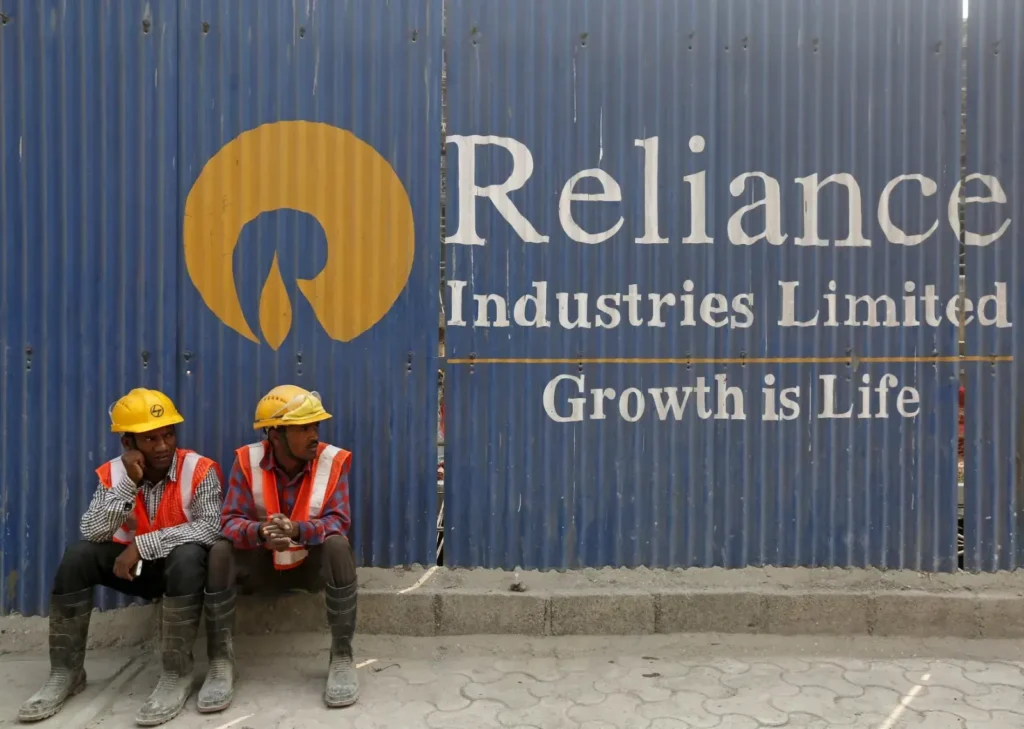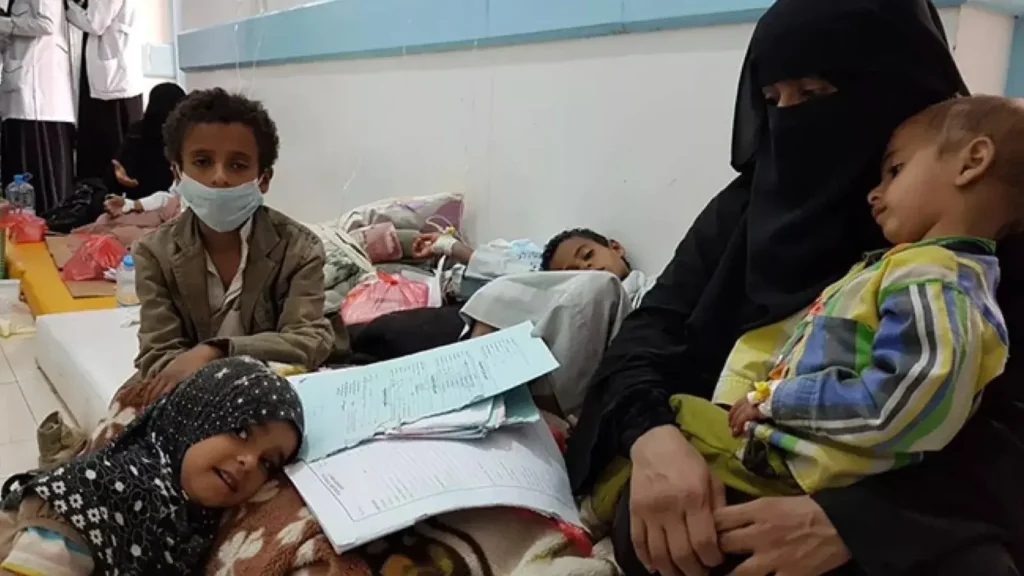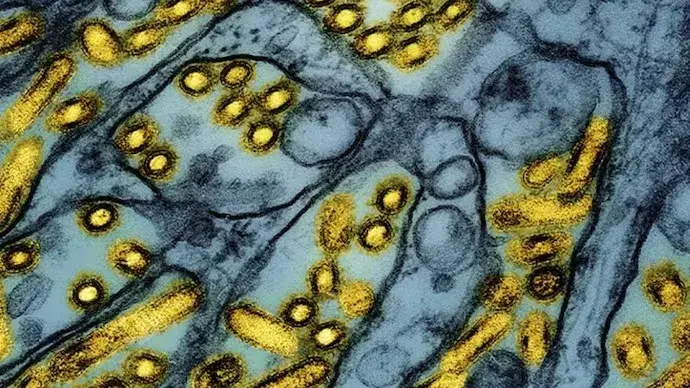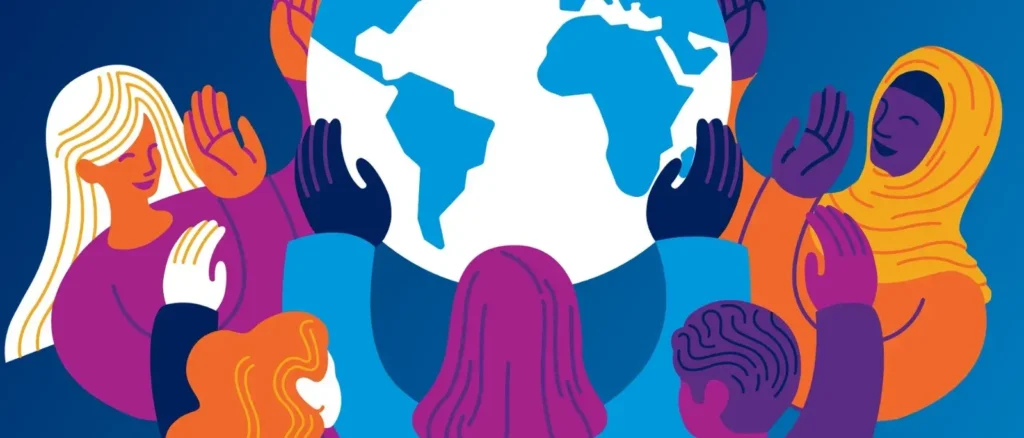Prashant Kishor Hospitalized After Hunger Strike, Admitted to ICU
Prashant Kishor, founder of the Jan Suraaj Party, was admitted to the Intensive Care Unit (ICU) at Medanta Hospital in Patna on Tuesday after suffering from dehydration and an infection. According to sources from his party, Kishor was hospitalized in the morning due to his deteriorating health, which had worsened after days of fasting. The attending physician shared that Kishor’s condition required further examination, citing concerns over infection, dehydration, and overall weakness. “He is also feeling discomfort,” the doctor added. Despite his health struggles, Kishor had earlier told journalists, “My fast unto death will continue,” affirming his commitment to the cause. Kishor’s hunger strike, which began on January 2, was in support of Bihar Public Service Commission (BPSC) aspirants who are protesting the alleged leakage of question papers in the December 2024 BPSC examinations. On Monday morning, authorities detained Kishor following an FIR filed in connection with his ‘fast unto death’ protest at Gandhi Maidan, which violated a Patna High Court directive restricting such protests to the Gardani Bagh area. Kishor was later granted unconditional bail. The protest is part of Kishor’s support for civil service candidates demanding the annulment of the BPSC exams, citing the question paper leak. His ongoing hunger strike has now taken a toll on his health, leading to his hospitalization. Source: Economic Times Photo Credit: Economic Times
Prashant Kishor Hospitalized After Hunger Strike, Admitted to ICU Read More »










